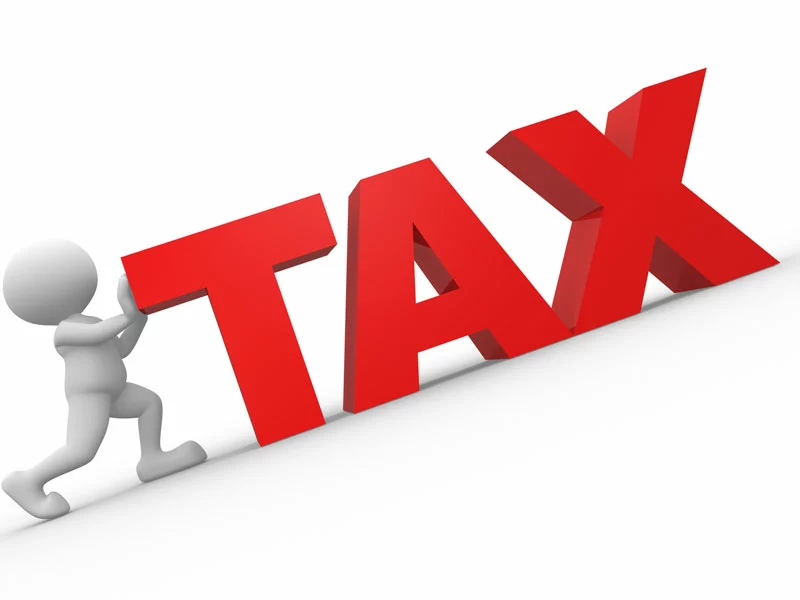In a bid to grow the economy, a few years back, the federal government launched the Strategic Revenue Growth Initiative. Part of the objective of the strategy was to, among other things, tax luxury goods, increase the Value added Tax (VAT), introduce excise duty on carbonated drinks and cut import duties on imported vehicles. To the extent that the move was targeted at revenue generation, it was a welcome initiative. But given the deleterious effects COVID-19 on revenues and household income, some of the taxes need to be reviewed.
Taxation is a veritable fiscal tool not only for buoying government’s revenue, they are also deployed as a fiscal tool to expand or contract the economy in times of recession and boom, depending on the economic situation. Some of the taxes include those on luxury goods, Value Added Tax ( VAT), excise duties, and the automotive tax among others.
Taxing luxury goods, apart from curbing ostentatious consumption can help government raise money from the rich who are bent on consuming them. Nigerians, especially the rich, have a penchant for consuming luxury items and this is reflected in global champagne consumption where Nigeria is among the biggest consumer of the premium drink, expending billions in the process. The same goes for the acquisition of private jets, luxury, bulletproof cars and sprawling homes and Villas among others. By directly exploiting this penchant of Nigerians, government is likely to earn handsomely.
Imposing excise duty on manufactured goods is not a bad concept in itself because it is a veritable way of raising funds especially in developed economies. But in an economy that must grow and is suffering from underdevelopment, levying manufactured goods may prove counterproductive as it may discourage manufacturers from producing towards the critical mass required to move the economy in the right direction. This is even more so now that bottom lines are challenged.
In a similar vein, although the Value Added Tax (VAT) has been a veritable source of revenue for the government, keeping at 7.5 per cent may be too much burden for consumers whose purchasing power is hindered by both a shrinking economy and rising inflation. Where consumption suffers a setback, growth is likely to decelerate. To that extent, the government may need to think carefully maintaining status quo. Already, manufactures are asking for a downward review.
However, the tax targeted at reducing the import / automotive levy on imported vehicles should be pursued. This move has potential to redress the issue of smuggling of Nigeria bound vehicles that first find their way to neighbouring countries. It will also earn billions of naira for the economy as the Nigerian ports will become competitive once more.
The federal government should explore every available opportunity to raise revenue because it is the quantum of revenue that it has that can determine how far it can go in providing infrastructure and meet the basic needs of citizens. It must also be wary of the various pitfalls inherent in some of these revenue sources. The government should be fully aware of these limitations and will work towards adapting them to the benefit of the people.





